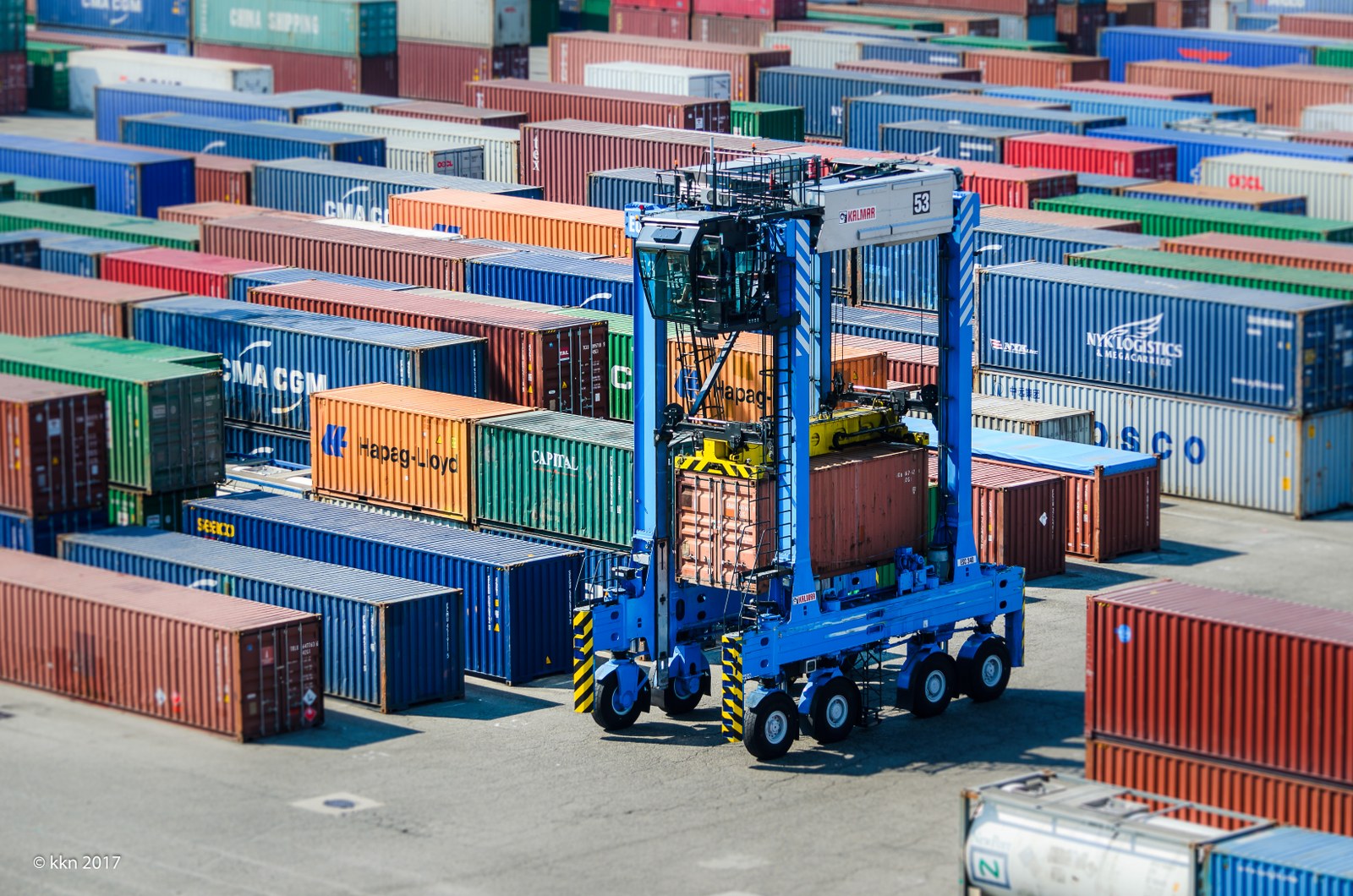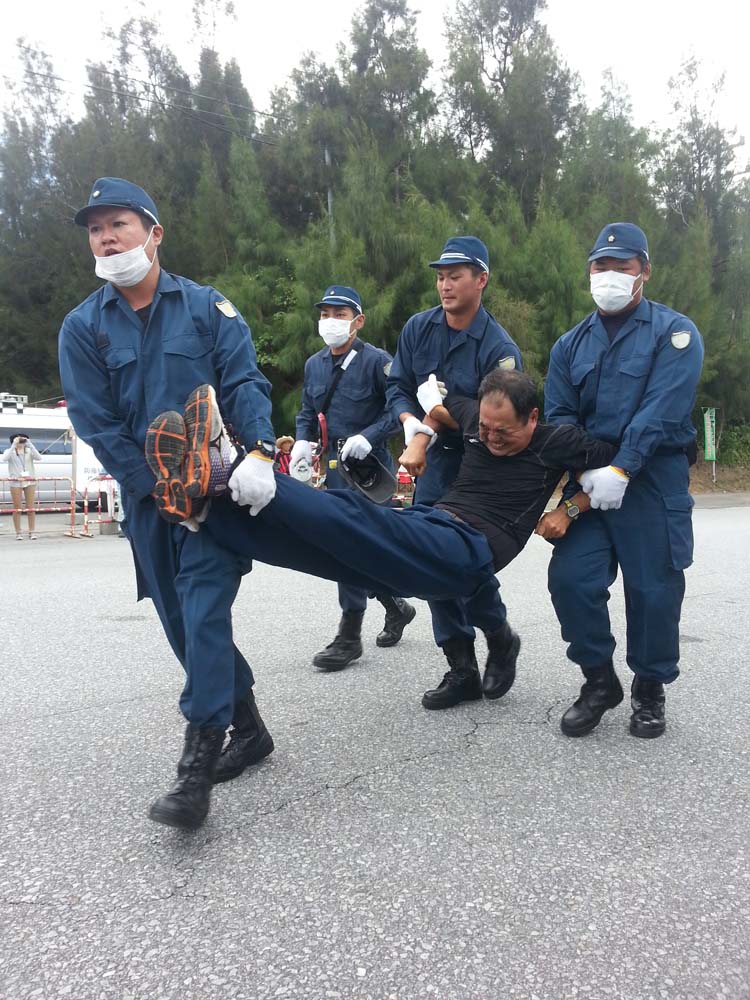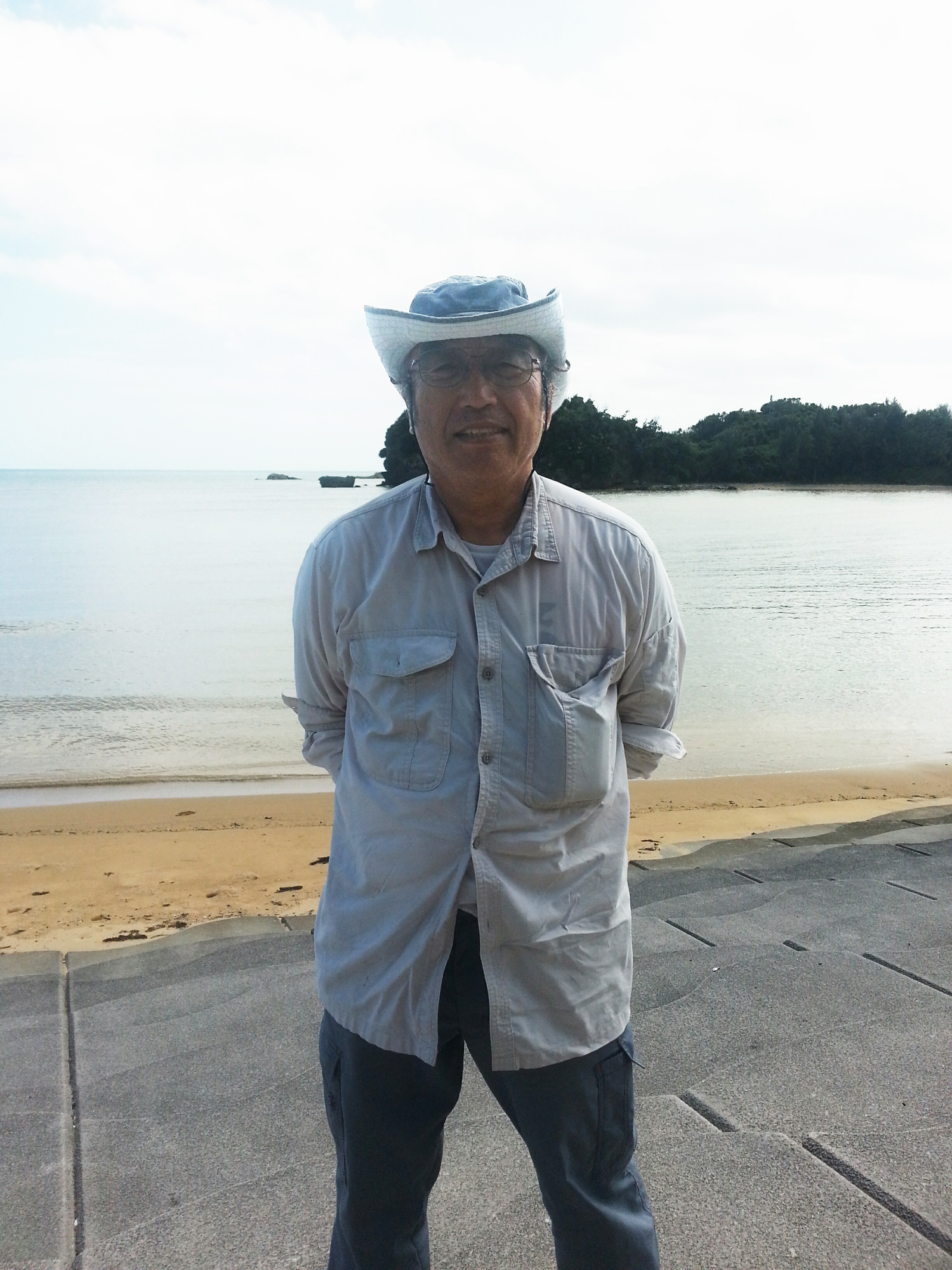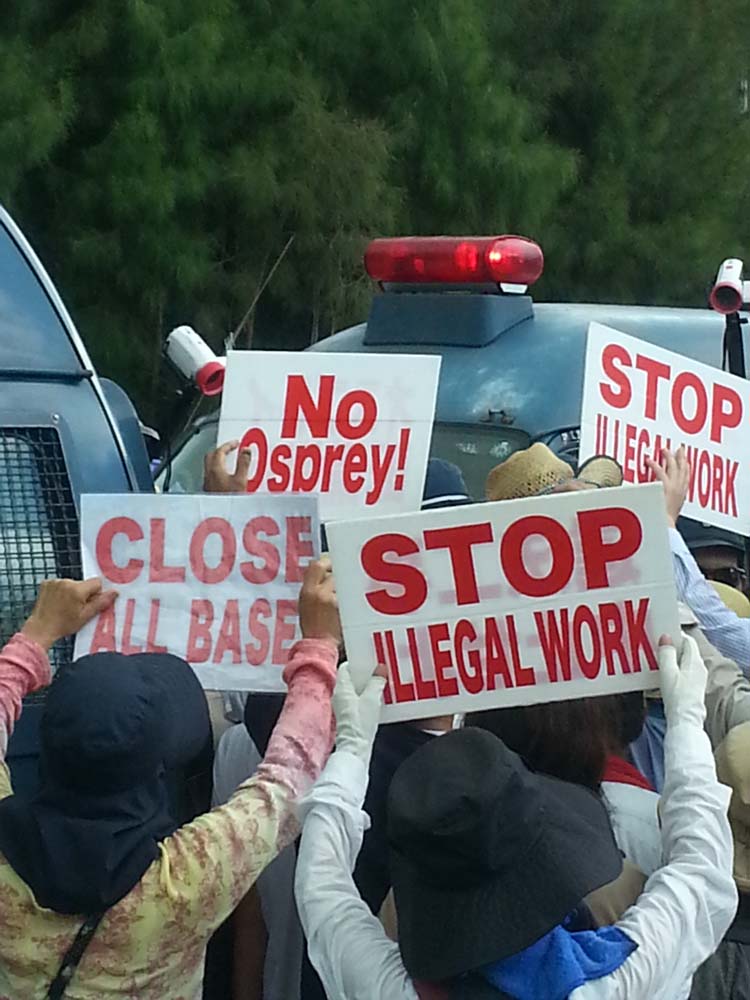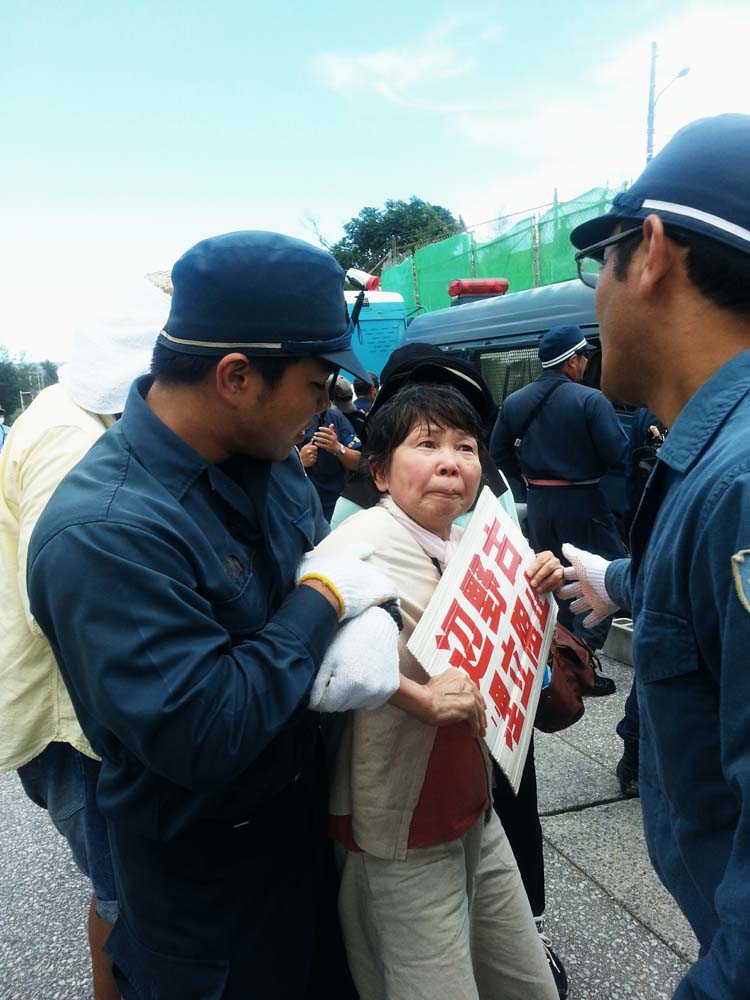
by Vijay Kolinjivadi
Max Ajl’s recent book published this year by Pluto Press, entitled A People’s Green New Deal, is a welcome and important contribution to an increasingly crowded and confused conversation on “green” futures. In the industrialized countries of the Global North, especially the USA, the European Union, Canada, and Australia, governments, social movements, and everything in between have proposed “Green Deals” of varying demands, generating much confusion as to what each of them stand for and the types of interests that underpin them. Ajl’s book places particular attention on the prospects of a US Green New Deal; as the US economy directly infiltrates nations and social classes around the world with its military, petrodollars, and monopolies, what it decides to do in the name of “greening” will have profound implications on the rest of the world under the current order.
The book offers a refreshing analysis, grounded in an ecosocialist lens for a global anti-imperialist class struggle. In doing so, it distinguishes itself from the distractions of rhetoric loosely being advanced under an amorphous “Green New Deal”. Ajl details these distracting narratives as they range from: a) liberal progressives and social democrats using all the right words but ultimately compromising to the interests of capital by advocating things like “greening” the US military; b) techno-modernist socialism unhinged from basic understandings of ecology while continuing to depend on exploitation of a Third World (e.g. “fully-automated luxury communism”); c) Euro-centric working-class solidarities for “greening” in the industrial core that conveniently ignore precarious and racialized labor forces both within and beyond the “Global North” (e.g. “Ecological Politics for the Working Class”); d) global veganism and half-earth nature conservation that have no qualms about embracing colonial logics against non-Western ideologies and affinities, and e) status-quo United Nations and World Bank-speak in support of the “Sustainable Development Goals”, furthering the myth of “green growth” and paying for nature’s “services”, which have thus far done little to halt or have even reinforced global inequalities and hastened ecological collapse. Of course, these narratives are not mutually exclusive, but hybridize into different shades. Common to all however are the silences in demanding climate reparations for historically uneven ecological exchange in which imperialist colonizers of Europe and North America looted the resources and life-energies of billions of people and displaced and shackled hundreds of millions in the Global South as a cheap laboring force to keep prices low and speculative finance afloat. It is this oppressive unequal ecological exchange that makes it possible for countries like Switzerland and Belgium to be considered chocolate connoisseurs, for the United States to foster and produce “innovative” tech hubs like Silicon Valleys that produce tax-evading billionaires, and for cities across Scandinavia, Canada, and Australia to be consistently distinguished with high standards of living.
There can be no such thing as an ecologically-conscious future unless it involves popular control over time, territory, and ways of living.
Put simply, there can be no such thing as an ecologically-conscious future unless it involves popular control over time, territory, and ways of living that Indigenous people, pastoralists, campesinxs, and artisans around the world demand as restitution for historical and repeated assaults on their autonomy. In this review, I assemble a series of quotations from the book under broad themes that highlight a few key take-away messages as well as an invitation to further dive into the details by reading the book. I conclude with some issues I felt the book left the reader to ponder.
Main take-aways
“To control industrialization does not mean to eliminate industrialization, let alone modern social life with complex forms of economic interchange and interdependence. It means understanding how on the one hand, the North is gratuitously over-industrialized, and not to the benefit of working-class life. And it means accepting how much northern industrial capital, and the consumption which it encourages, rests on de-development or underdevelopment of the South.”
“What is missing in the First World left is not an abstract commitment to solidarity and partnership but a committed internationalism which takes the anti-systemic struggles of the periphery as the fundamental departure point for solidarity…thus climate debt or ecological debt must be a fundamental part of any serious green transition.”
“If capital is under pressure from social movements or political parties and needs to find a way to give something away to domestic middle classes, that something has to come from somewhere (my emphasis added). And that somewhere will be those not included in the social and political struggles: in other words, the South.”
Ajl’s work offers a reality check reminding us that the influence of ecosocialism in contemporary global politics is at a historical low and indeed superseded by the more organized forces around pro-capitalist and techno-futurist versions of eco-fascism. The (often failed) electoral politics ambitions of recent legislators like Bernie Sanders in the US, Jean-Luc Mélenchon in France, and Jeremy Corbyn in the UK should not distract us from this reality. He also emphasizes the utter importance of placing agrarian reform for agroecology and peasant sovereignty at the core of what an anti-imperialist ecosocialism would require.
Modern industrial agriculture does not feed the world; it is incredibly wasteful and takes the capacity to produce food away from people who understand their territory the best. Instead, it forces everyone to be market consumers of pesticide-ladened and chemical fertilizer pumped monocultures that generate mass death of pollinators, birds, and soil life. It also heightens the risk of animal-human transfers of new epidemic diseases that lead to potential pandemics. With industrial agriculture, being fed is no longer something that every human deserves but something that reflects purchasing power and the capacity to absorb rising costs of food . These values neatly follow racial and class lines, with the vast majority of people unable to afford healthy and sustainable food production systems as these are re-branded into market consumption as “artisanal”, “organic”, or “heirloom”. Perhaps worst of all is the way modern industrial agriculture mines arable soils, stealing time, land, and knowledge from human societies and rendering current and future generations bereft of food-producing potential.
Why an internationalist, anti-imperialist politics is what being ecological should refer to
“Colonialism itself is not over. As formal and legal decolonization gave way to neocolonialism, nations lost control over their economic sovereignty, the pot of gold they had hoped to find at the end of national liberation…Indeed, even during the brilliant noon of decolonization from 1947 to 1980, farmlands, forests, banks, currencies, factories, salt iron mines, quarries, and oil fields remained in the hands of the colonizers. Almost never was decolonization so successful as to allow peoples to fully determine their own histories, even within their own nation-states…the climate crisis is basically the child of northern imperialism, pure and simple.”
Ajl reminds readers that it is impossible for the global ecological breakdown that we witness today, such as CO2 levels reaching their highest levels in 3 million years, to have occurred without past and present (and expected future) dehumanization of black, brown, and Indigenous people. It is consequently impossible and counterproductive to treat ecological crises like climate change as separate from those that perpetuate settler colonial land grabs, class divisions, and a military industrial complex. Tackling ecological crises requires structural transformation rejecting a militarized global police force (e.g. the US military) that justifies war-profiteering over the lives of Yemenis and Palestinians in the name of free markets.
Why other Green New Deal proposals based on “green” social democracy or domestic “green” Keynesianism are fundamentally flawed
“There are four problems with green social democracy. First, it is not achievable through current strategies. Two, even if it were possible, it would be imperialist and rest on devastating the South. Third, it is being marketed as something it is not: namely, eco-socialism … and four, it limits our political imaginations.”
“This does not mean it is bad to have anti-racist green left-liberals in office. It means that they will not implement eco-socialism unless massive movements and parties outside the state, and worldwide, are fighting for actual eco-socialism – which Ocasio-Cortez, 350.org, and the Sunrise Movement are not.”
Ajl historically contextualizes “green social democracy” as Keynesian concessions to labour that worked to stave off the spread of communism in the post-war era and were ultimately intended to reinforce capital accumulation. He highlights precisely why left-liberal politicians and journalists confound the terms of debate by ignoring this history. Instead, “green social democrats” tiptoe around very real uneven ecological exchange while superficially signalling support (largely by recourse to electoral politics) to anti-imperialist social movements and Indigenous demands around the world.
“Greening” as securitizing capitalism
“Green Social Control aims to preserve the essence of capitalism while shifting to a greener model in order to sidestep the worst consequences of the climate crisis. [It] is a decision to avoid reparations [and] a blueprint for world management in which imperial loot remains in the North.”
In relation to the confusing politics of Green Keynesianism as described above, a People’s Green New Deal explicitly rejects “green social control” or any eco-friendly attempt to maintain capitalism intact while deflecting or dismissing conversations around climate reparations for colonial violence and theft. Securing capitalism through greening takes the form of carbon offset purchases, eco-certification schemes, industrial and high-tech precision agriculture, “nature-based solution” projects and ecosystem service policies and others that co-opt intimate ecological relations as alienable forces of production.
On (green) technology
“Those who argue in an absolute way for technology’s categorical social neutrality, especially from the left, forge one of the most dangerous, subtle, and effective instruments of ideological counterinsurgency: they accept the myth of progress and confuse opposition to the capitalist agenda. And this is dangerous, because capitalists do not choose technology willy-nilly, but in order to maximise power, as has been shown time and again by critical historians of technology.”
“Amazon relies on a certain way of organizing the human relationship with the environment. Each item for sale on Amazon’s website, its energy-guzzling “cloud” data servers, its gossamer logistical systems which enable same-day delivery, is tied with a million threads to use of carbon sinks and the atmospheric space for CO2 emissions. These occur without the permission of humanity.”
“To meet UK electric car targets in 30 years, the (British) Isles would need twice current world annual production of cobalt. It would swallow up current world production of neodymium, gobble three-fourths of world lithium production and at least half the world’s copper. If mileage did not shrink, to charge that monster fleet an additional 20% of current UK-generated electricity would be needed …. Cobalt, one necessary mineral, is kept cheap by a half century of neo-colonial massacre in the Congo, and lithium extraction turns on the mangling of Latin American water tables. Even now Microsoft, Tesla, and Dell are being sued for being party to child labor in the Congo mines that supply material for the batteries that keep their doodads cheap and briskly selling.”
Ajl emphasizes that technological futurism cannot be discussed in isolation from the interests and voices that fund and imagine it. Popular control of knowledge and deliberation of its impacts is dismissed in favor of techno-utopias dreamed up through visions of human exploitation, despite the window dressing of “fully-automated communism” or (white) working-class ecological politics. Technology, no matter how “green,” is therefore always political.
On the colonial violence of suggesting “global veganism”
“Plant or culture-based meats … now rely on tremendous inputs of energy, and according to lifecycle assessments, may be more carbon-intensive than cows.” … “We have to keep in mind that the problem is not meat, but certain kinds of meat production: capitalist concentrated animal feeding operations.”
“The demand that meat-eating cease … creates northern consensus around encouraging, coercively or otherwise, transformations of how people live. It also creates a justification for unnatural ‘climate solutions’ based around biofuels and bioenergy or ‘afforestation’ based on trash-tree plantations which will allow the great petroleum corporations to keep burning their assets, to great profit. And it will be the poor who will suffer.”
A People’s Green New Deal would never impose universal cultural blueprints. It would not continue imposing imaginaries of human-nature relations from entitled Northern countries onto all people of the world through strategies like “compulsory global veganism” or “half-earth” conservation. Such tactics would scream colonialism and border on eco-fascism.
A People’s Green New Deal would never impose universal cultural blueprints.
On ways forward
“Although we should embrace scientific advance in healthcare, from regrowing knee cartilage to organ transplants, the obstacle to world-class worldwide universal healthcare is not technological. It’s social. It demands a social revolution to shatter the capitalist organization of healthcare and to restructure it as primarily care-centered, preventative, and decentralized.”
“If social wealth is generally allocated based on labor inputs, relatively labor-intensive agroecology will receive more compensation…Command measures ought to extend to phase-outs of industrial agriculture, which has no justification for existing, and wholesale shifts in research spending away from conventional agricultural research and towards agroecology.”
“Land should be redistributed everywhere. Each country should have total control over the food import and export trade, so that food dumping is impossible. Communities rather than farms should be in control of water, seed, and eventually land. This is the agenda of food sovereignty.”
“Intra-urban transportation would occur on bicycles, electronic bicycles, and mass transit, from trolleys to trains, where possible. Private cars would be most often reserved for ambulances and emergency transport – the times and places where society can collectively decide to use the fruits of inherently damaging industrial production in order to protect and convenience human life.”
“Shifting from brick cladding, vinyl windows, asphalt shingles, and fiberglass insulation to a wood-frame house which substitutes those other products with cedar shingles and siding, wood windows, and insulation made from cellulose can convert such a home into a net absorber of CO2 emissions provided that when the house is demolished, the material is recycled instead of entering a landfill.”
A People’s Green New Deal devotes its second half to sketching alternatives to the ‘Green Deal’ idea that put power back into the hands of workers, recognizing crucially how the production of “green” means exploitation of people especially in the Global South. It proposes several key improvements in terms of worker-controlled production; quality and anti-imperialist healthcare; urban re-design; large-scale agrarian reform and the dismantling of agri-business; intra-regional and collectively-controlled transportation systems, and locally-appropriating siting and construction of widespread social housing among other strategies.
In reflection: Thinking with and beyond A People’s Green New Deal for anti-imperialist organizing
Ajl’s A People’s Green New Deal has enormous implications for many who have put their eggs in the basket of “green” environmental politics. It is a wake-up call (or perhaps a slap in the face) to eco-minded social democrats, left liberals, and Green Party followers in rich countries to reassess the colonial violence of their proposals. Ajl stresses that Green New Deals have failed to center the rising tide of dissent ranging from Indigenous sovereignty on Turtle Island to Palestine, to the abolition of systemic racism and carceral assaults as demanded by “Black Lives Matter”, to reproductive control over (femme) bodies, to material transfers of “Land Back” and ecological debt reparations. A People’s Green New Deal redefines (or perhaps defines more clearly) what a just transition implies. Thus far, it is only the degrowth movement in the Global North that makes advances to redirecting the violent processes of growth; though tweaking the machinery of “growth” requires an explicitly anti-imperialist emphasis. As Ajl makes resoundingly clear, “greening” must be redirected as an international class struggle and demand for Indigenous sovereignty. The only way to do this is to ensure transfer of wealth back to those it was stolen from in the form of payment of climate debt (and ecological debt more broadly).
It is a wake-up call (or perhaps a slap in the face) to eco-minded social democrats, left liberals, and Green Party followers in rich countries.
Yet, the means by which such a profound cultural shift can be accomplished leaves the reader somewhat wanting. Ajl notes that “being has a tendency to determine consciousness”, referring to the fact that Global North bodies are less likely to feel and experience the effects of imperialism due to the comforts that they’ve inherited and continue to obtain from an “imperial mode of living”. The problem is simple, yet difficult to overcome: the absence of crucial experience in the inherited comfort of middle-class bodies without which the true depth and nature of ecological crises as a class struggle is potentially not graspable nor perceivable. As Catherine Liu recently writes in Virtue Hoarders: The Case against the Professional Managerial Class, we left progressives in electoral politics, academia, journalism, and other facets of the creative sectors and knowledge economy refuse to talk about class or class consciousness in proposing solutions to things like social and ecological crises. As a result of repeatedly masking questions of our class status with deference to increased gender and racial identity politics and tolerance, the outcome over the past four decades has been an ultimate boon to neoliberal capitalism. Moreover, the perfectionist tendency to “be” and embody anti-oppressiveness as the key to social change excludes people that do not live up to a constructed (though often unspoken) ideal depicting a sort of commitment to struggle. It has also resulted in alienating allies for changing their minds or making mistakes. These legacies of a neoliberal era occur due to a deeply individualizing ethos of personal responsibility that permeates palpably in spaces of well-meaning self-identifying left progressives. The consequence has been the generation of new forms of leftist accommodation within liberal market economies around knowledge generation, and more detrimentally, a pernicious intransigence to truly organize in solidarity across class divides. The potential of engaging in anti-imperialist eco-socialist politics without falling into the trap of an identitarian bourgeois politics of anti-oppression Olympics needs careful attention yet is all too often brushed aside.
For others in less comfortable positions but who are able to get a foot in the door to the fabled “American”, “Canadian”, or “European” dream (even in the abject exploitation of their labor they may experience), the pressure to prove oneself as an entrepreneurial and well-behaved visible or cultural minority enormously sets back the possibility for working class solidarity. Given this gulf of class difference, through what cultural means can class convergence take form in practice? How might this arise? What will it take for comfortable, even anti-racist eco-minded liberal progressive Westerners (and other privileged groups elsewhere) to recognize that Indigenous sovereignty, Third World working class struggle, BIPOC (Black, Indigenous, and People of Colour) peoples’ dreams for the future, and religious caste oppression are not side objectives, but fundamental for reversing ecological breakdown, generating and resurrecting alternative relations and relationships into being?
Alternatively, why should “greening” strategies direct attention to comfortable middle class Westerners at all? Why even (re)center voices of those who can’t possibly understand the material and everyday violence inflicted on countless people? Would it not make more sense for this demographic to cede place entirely and listen (for a change) by following the lead of those who have been and continue to be violently erased in the name of colonizer ecology? If this latter, what might this look like? These are questions that are left open in trying to imagine a “People’s Green New Deal” in action. It is here where thinking about organizing for anti-imperialist solidarity in the context of generational imperial living could benefit from both class- and region-specific context. What can liberal progressive-minded people in North America learn about “greening” from racial, labour, and decolonial struggles in their own communities? How have middle classes in places like Chile and Ecuador amplified voices and contributed through meaningful rather than performative allyship in anti-imperialist struggles?
Why should “greening” strategies direct attention to comfortable middle class Westerners at all?
Ajl raises some relevant points on the question of national sovereignty from imperialist resource and labour grabs, to reclaim popular control over the means of governing and administering resources in a society, and the role of a national governing body as an appropriate jurisdiction to ensure climate and ecological debts are transferred and appropriately administered. At the same time, he rightly stresses the “hierarchical international system organized around nation states.” Here, some greater clarification is needed. Since demands for national sovereignty often work in parallel to demands around land rights within capitalist political and economic relations, similar questions arise. Both have to do with understanding sovereignty not as a codifiable “right” but as a legitimate relationship. On the one hand, recognition of land rights and nation states are necessary to reclaim autonomy over cultural and economic lifeways; while on the other hand, they reduce diverse political subjectivities and relationships of territory to that of land or “national identity” as an entity to possess and enclose, to erect exclusionary borders around, to ally with or war against. How can overtly or indirectly socialist-oriented governments like Bolivia, Venezuela, and now Chile (under newly-elected Gabriel Boric) effectively reclaim popular control when they are at the same time imbricated within capitalist global markets for primary resources? What unintended effects does the stickiness of globalized markets and their infiltration into anti-imperialist ecosocialist national projects engender? Furthermore, how might the ‘national question’ support Indigenous sovereignty and demands for “Land Back” in different parts of the world? The potentially messy confluence between national sovereignty and a broader vision for an anti-imperialist (and thus anti-capitalist) internationalism needs some fleshing out. What comes first, a popular struggle to demand a fully internationalist anti-capitalist and anti-imperialist world order or nation states etching out sovereign ecosocialist agendas within an ossified and violently militarized capitalist world order? A People’s Green New Deal would require further guidance as to which of these strategies comes first as well as how they might interact or counteract each other.
Finally, Ajl argues that casting a glance away from these questions and instead turning to what is “feasible” or “pragmatic,” as liberal progressive professional managerial classes in the Global North all too often do, effectively confirms that the exploitation of people and nature from a fabricated Third World is an unquestioned necessity. But the questions of how to combat the always-present penchant for pragmatism, even among comrades on the Left, as well as the unexpected outcomes of trying to realize idealized forms of popular sovereignty and control among extremely heterogeneous and internally fractured societies remain open ones. Greater clarity is needed on how anti-imperialist local direct action or municipalisms can better align with an anti-imperialist internationalism, while perhaps reducing the role of the nation state to facilitating this convergence process.
Ajl rightly emphasizes that the “Left” is by no means organized enough. It is clear that status quo establishment has a firm hand in the driver’s seat of a melting planet when tax-evading fortune-500 companies own more wealth than entire countries (with politicians blithely casting their glance away and indeed participating in tax evasion schemes themselves), when stock market bros capitalize upon sophisticated machine learning to squeeze profits from Wall Street, or when eco-fascist elements carry on the legacy of systemic and historical Eurocentric imperialism in “solutions” like replacing (certain) human populations with pristine wilderness. Dislodging this cabal of eco-modernists (regardless of their capitalist or socialist inclinations) through popular revolt has never been more urgent and yet seemingly so far away. A global “People’s Green New Deal” therefore demands that our ecological practice is anti-colonial and anti-imperialist or nothing at all.
I’d like to thank Rut Elliot Blomqvist for helpful suggestions and edits to this piece. Also, many thanks to Gert Van Hecken for comments on an earlier draft.
Vijay Kolinjivadi is a post-doctoral researcher at the University of Antwerp and writes about the politics and material contradictions of, and alternatives to, mainstream “greening” strategies.



